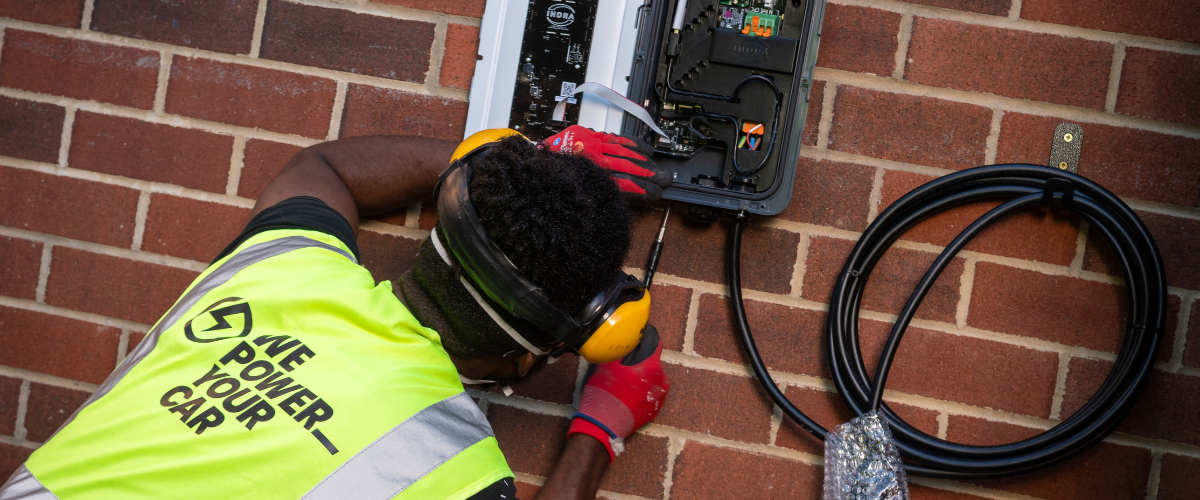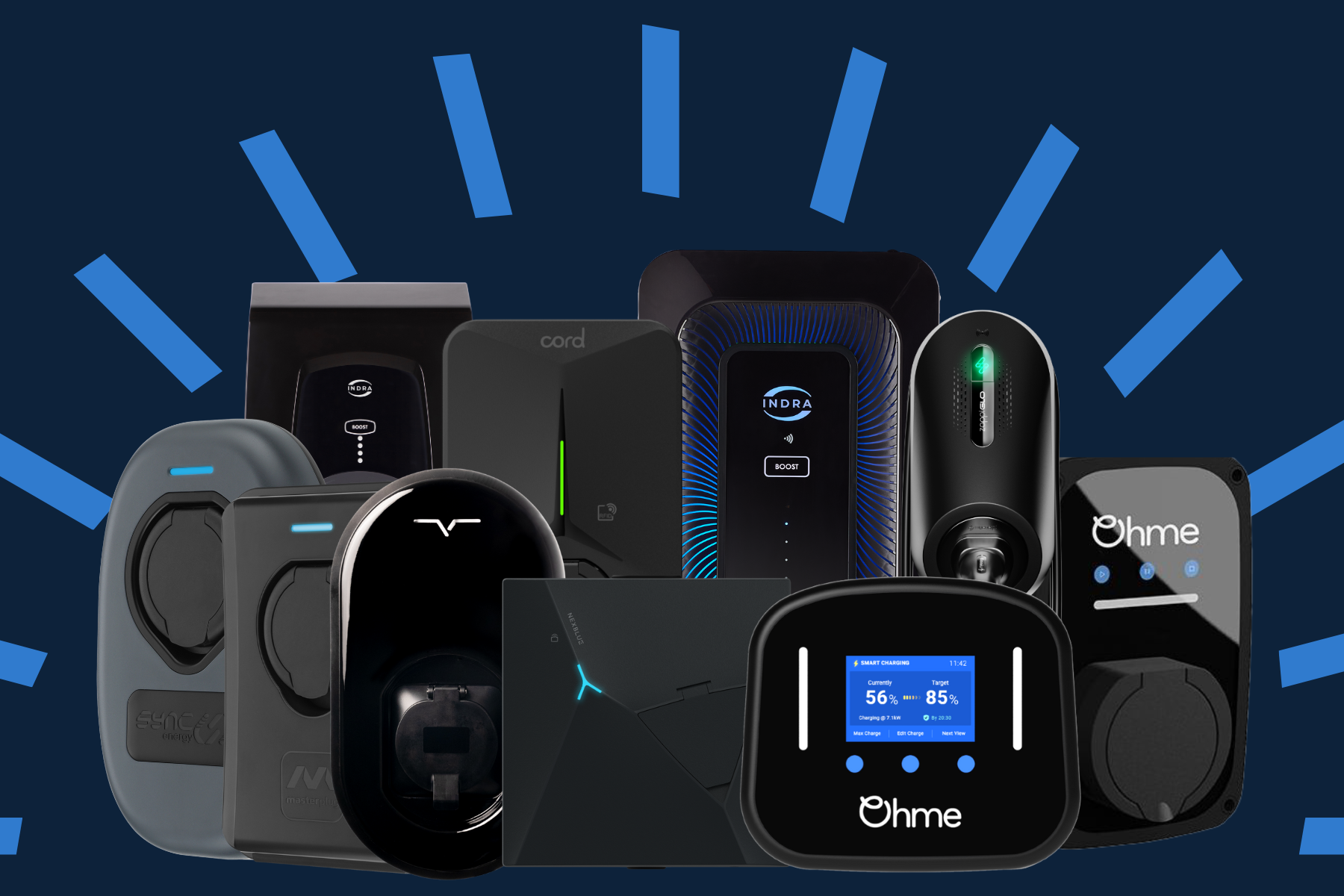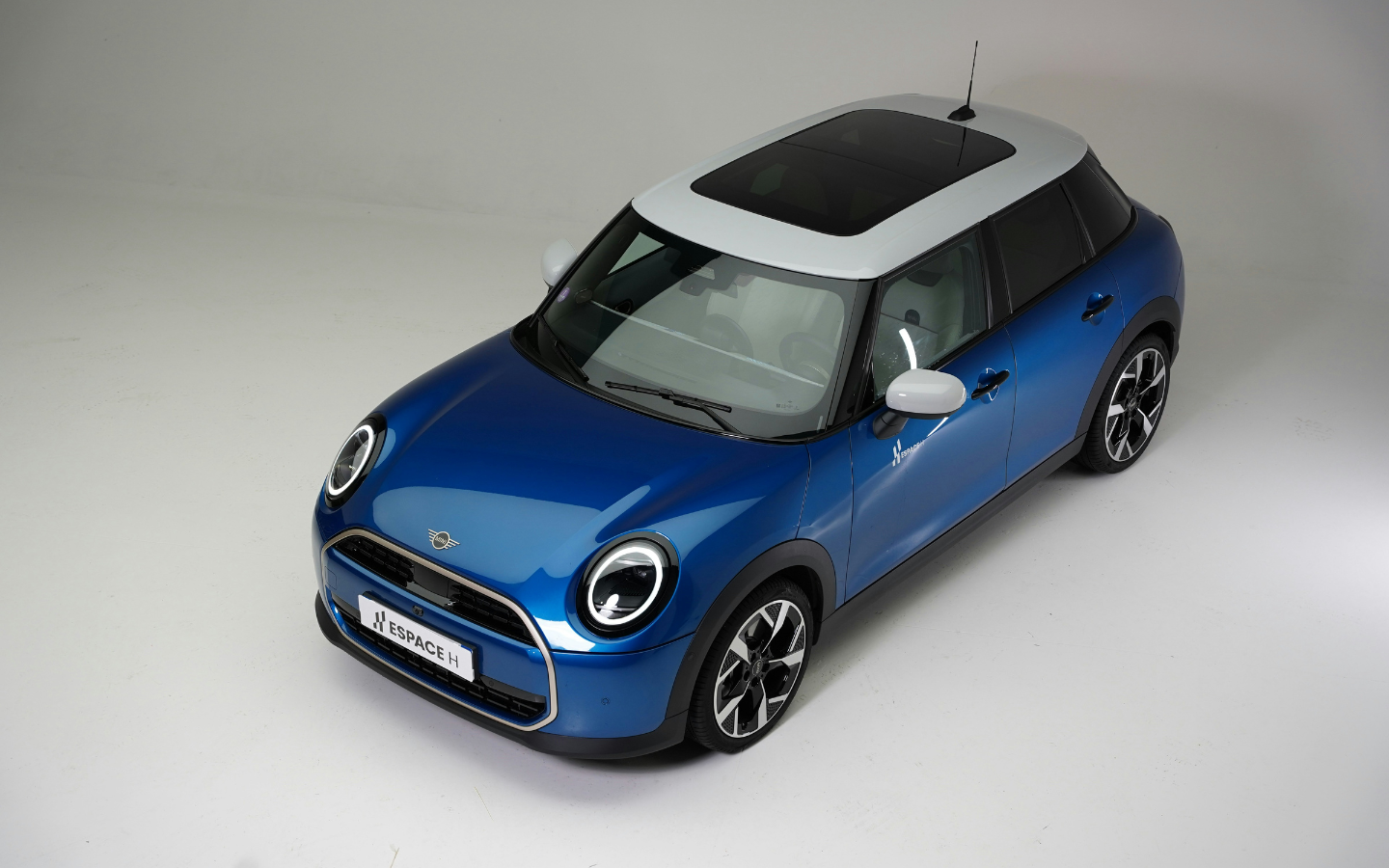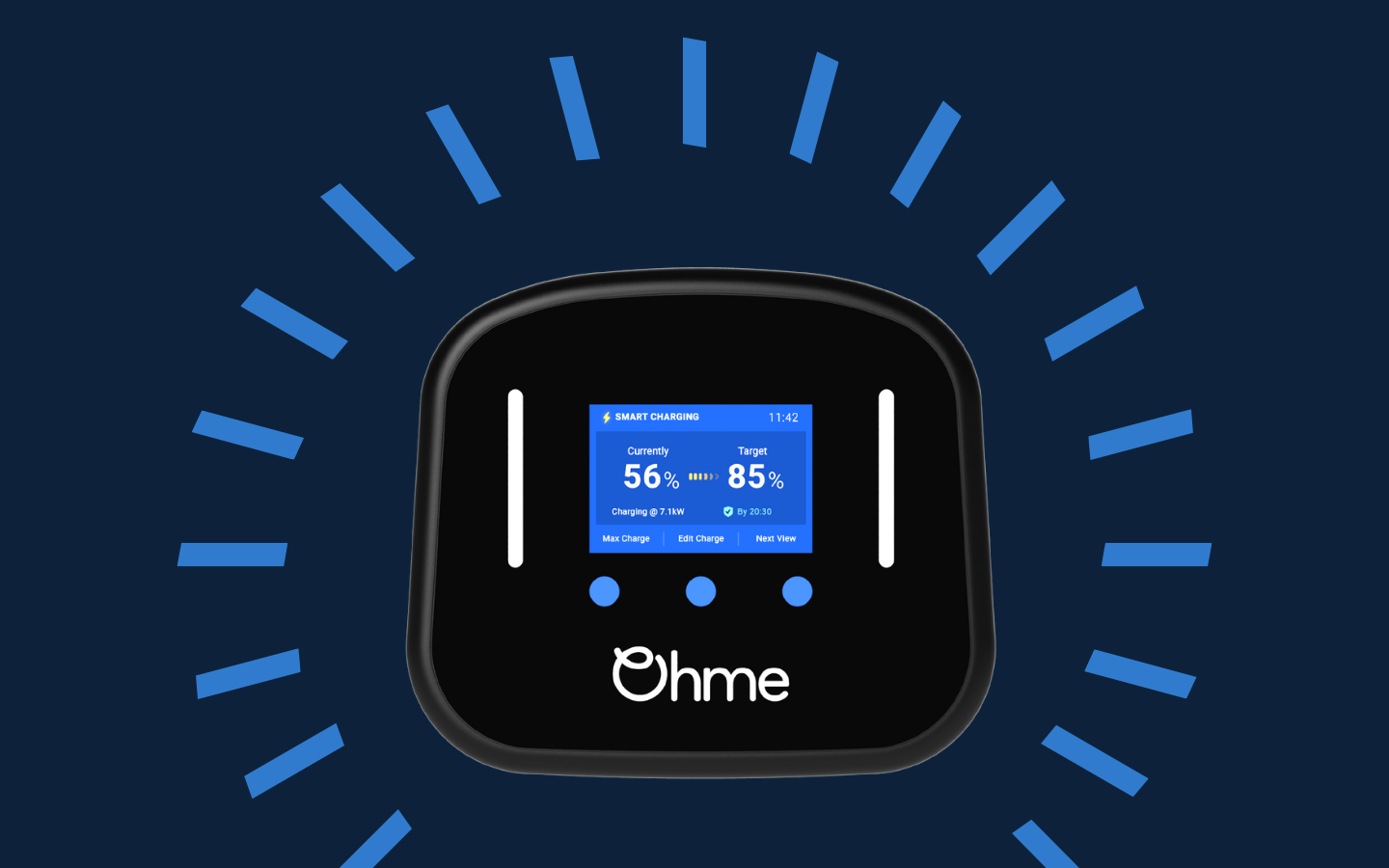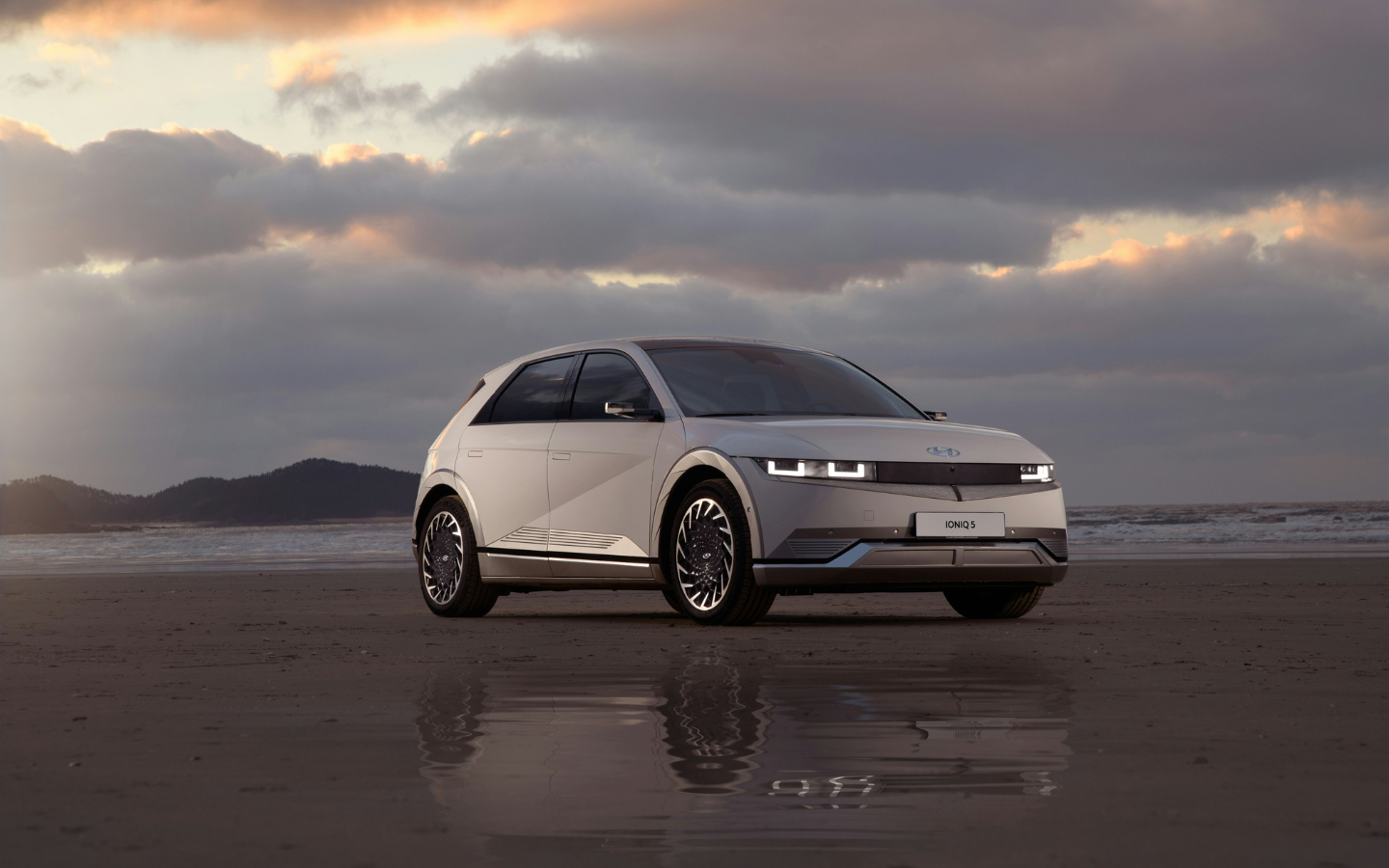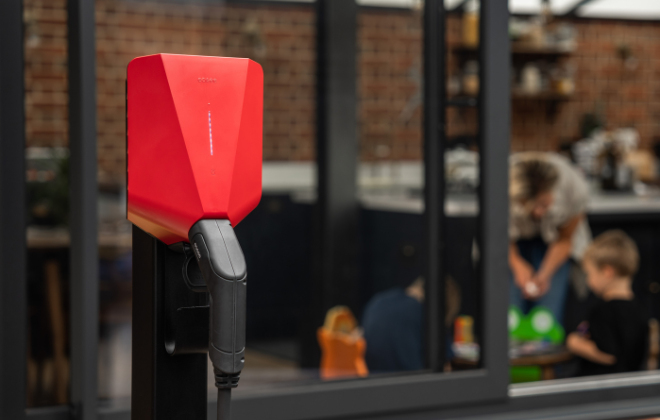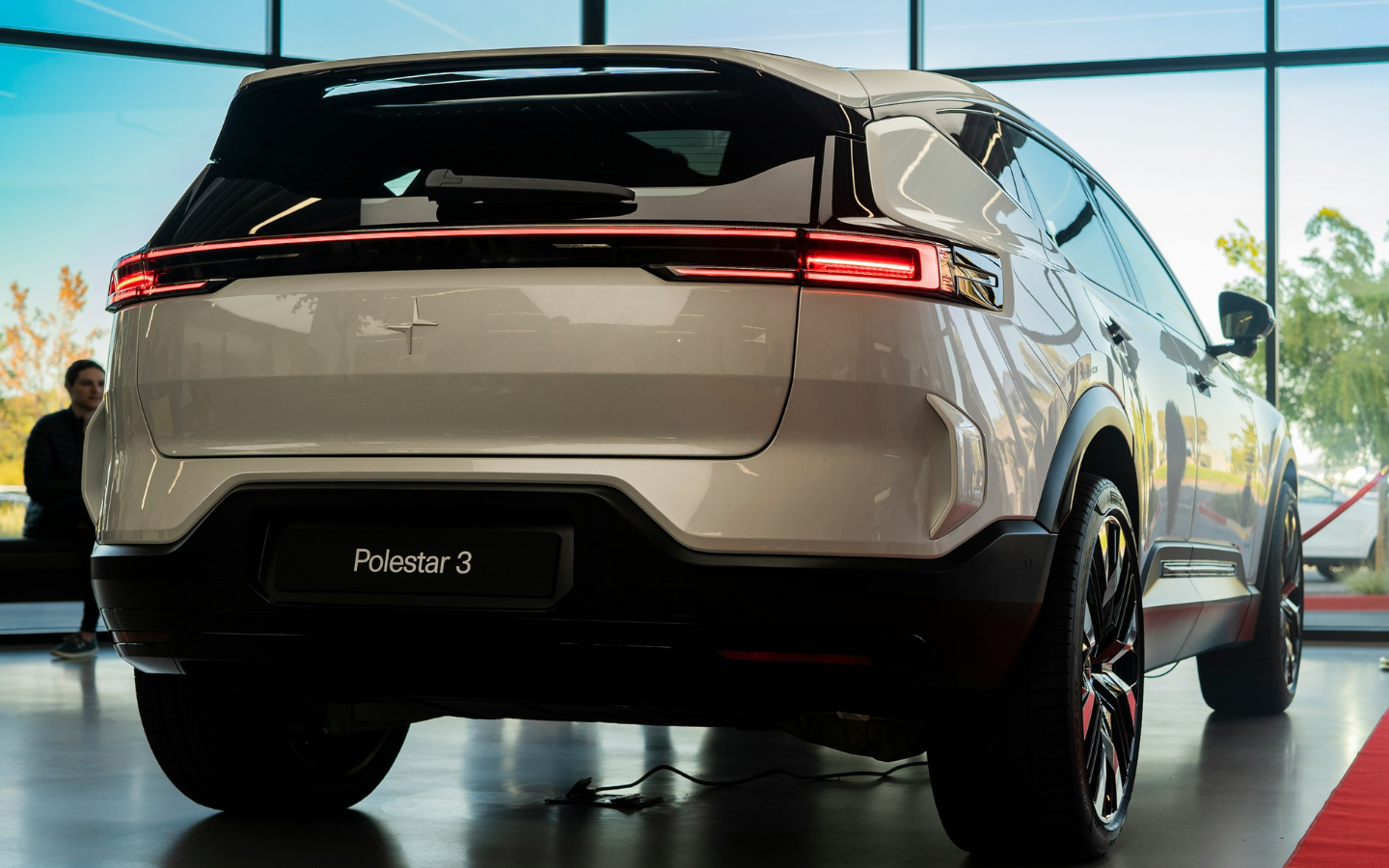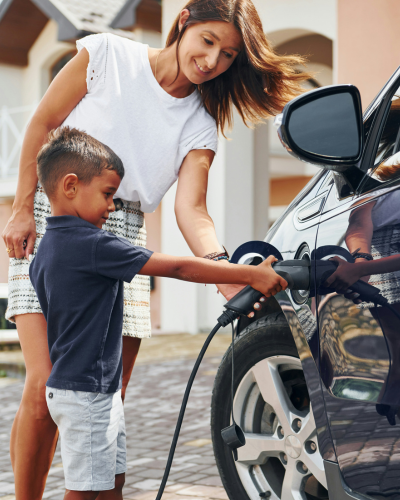
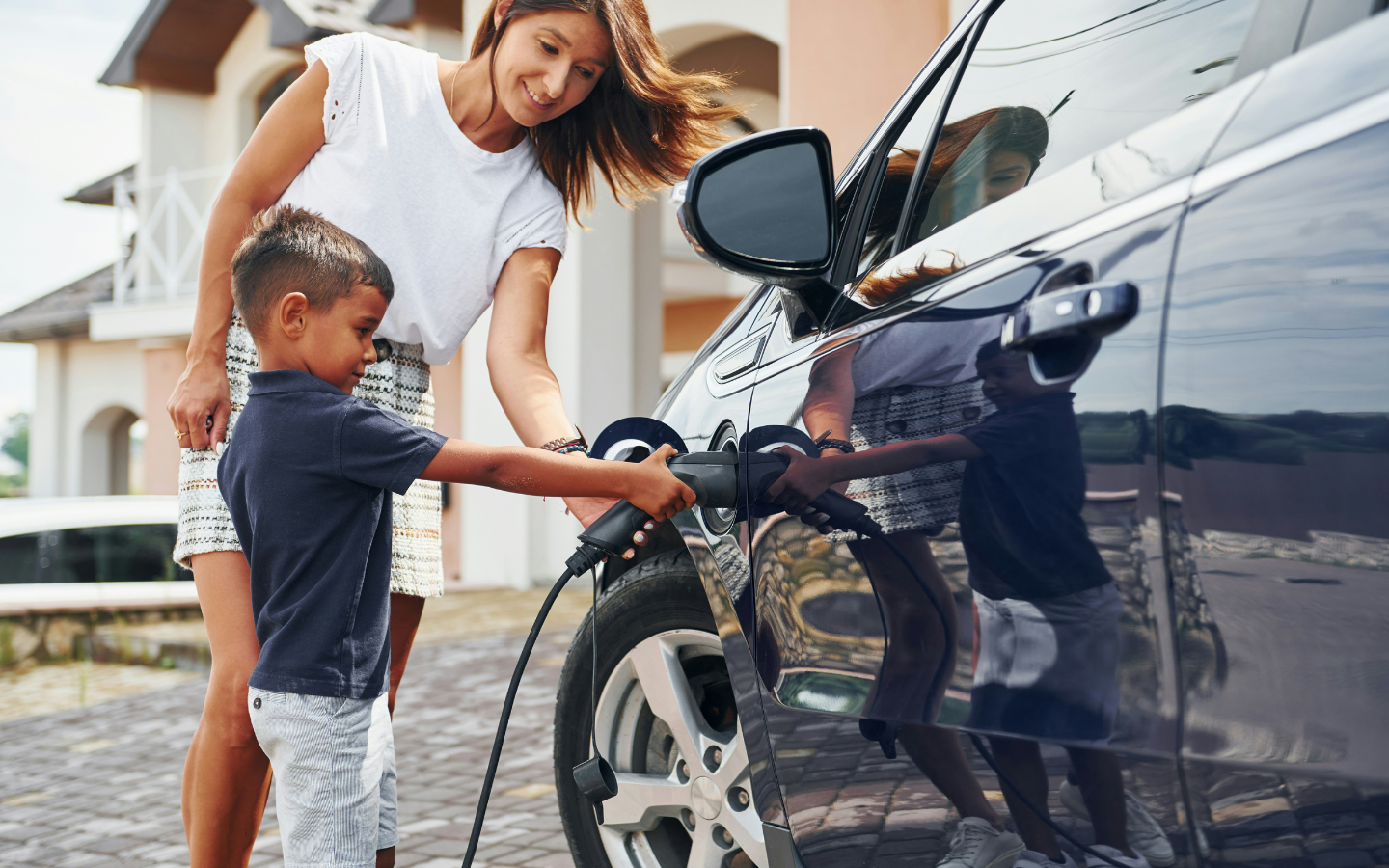
EV Charging Time Calculator
EV Charging Time Calculator
Time is valuable, and so is your EV battery life. Use our easy, free time-to-charge tool to see how long it would roughly take to charge your electric vehicle and make informed decisions about when and where to charge.
Filter the battery size to match your electric car, pick your chosen EV charging speed and instantly get an estimated time to charge below.
EV Charging Time Calculator
This calculator provides indicative information based on the inputs but please be aware there are a number of factors which could increase the time of your charging session:
- The advertised speed of the charge is not accurate because the charge is shared and the power is being split between chargers on the site or the unit is not working optimally.
- The charging curve means that the last 20% of your battery (from 80 to 100%) will take longer to charge.
- In a domestic setting your charger may be set lower to avoid you requiring a fuse upgrade.
- If your charger has load balancing, the electricity supplied to the charger may be reduced at peak times to ensure you do not exceed your capacity.
- * Please note your vehicle may not be able to accept ultra rapid charges up to 350kW, only a few models on the market currently are able to charge at the maximum speeds, for example the UK's most popular electric vehicle the Tesla Model Y can charge up to 210kW DC. For the most accurate information please check your vehicle for information.
How long does it take to charge an electric car?
One of the most asked questions is, ‘How long does it take to charge an electric car?’. As you can see above, the answer isn’t black and white.
In fact, the time it takes to charge your electric car varies depending on several factors, including temperature, state of charge, the speed of the charging point, and the size of the battery, among others.
We take you through the charging complexities below.
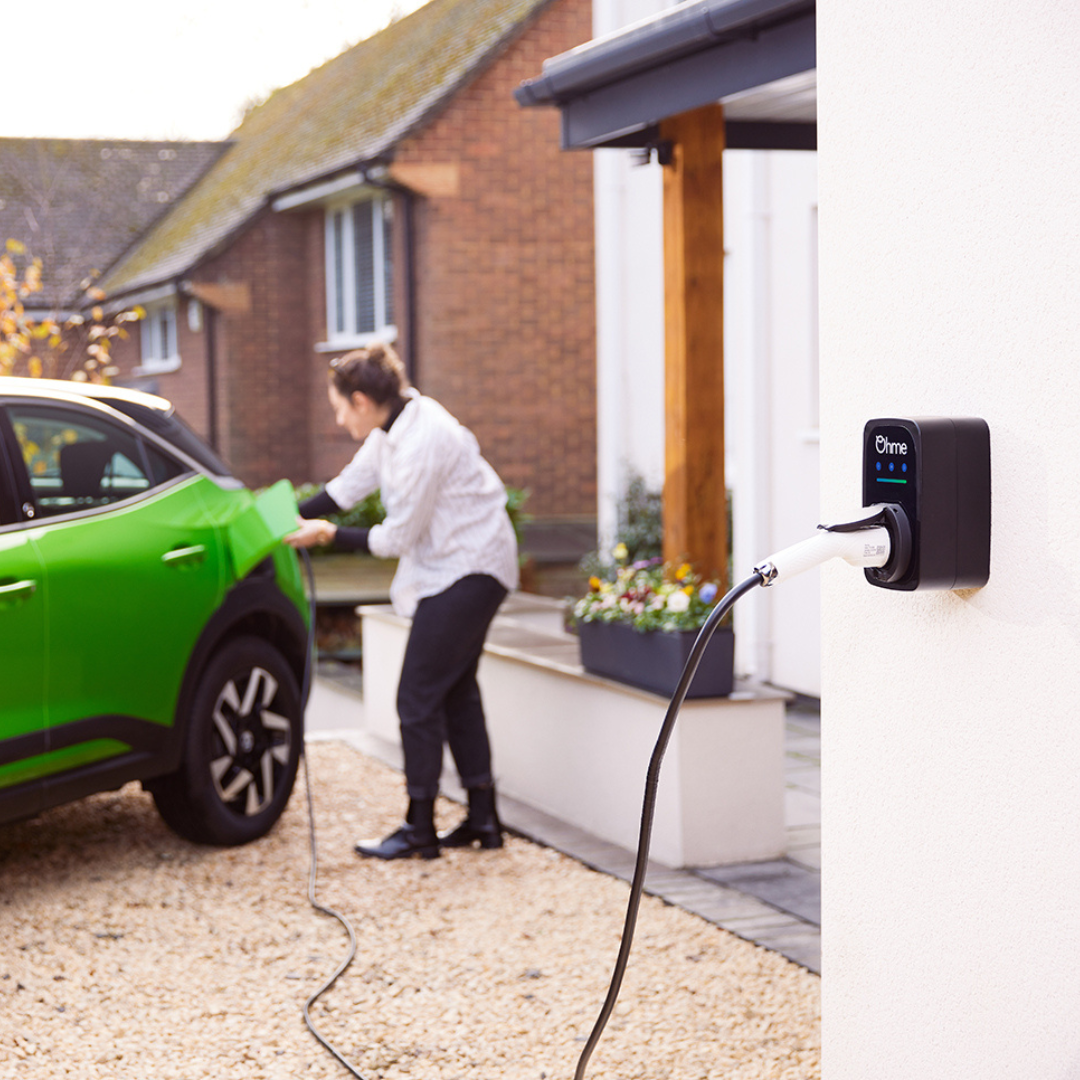
What impacts EV charging time?

Temperature
Too hot. Too cold. Extreme temperatures can impact the charging time of your electric car. Although not by much. So don’t worry. It’s just one to keep in mind during white winters and scolding summers.

Size of battery
Unfortunately, size does matter when it comes to how long it takes to charge an electric car. The bigger the battery, the longer it will take to charge—and vice versa.

Charging point speed
EV chargers are not equal. Some supercharge – like ultra-rapid chargers – while others trickle – like three-pin plugs. Your chosen EV charging point speed will make a big impact on how long it will take to charge.

State of charge
It goes without saying that your state of charge (what per cent your battery is on) will impact how long it takes to charge. Fully charging from 0% will need more time than a quick 10% top-up.

Maximum onboard charger
The higher the charging speed, the faster your EV will charge, right? Wrong. Even if you charge with a high-speed charger, if your maximum charging speed is less, you won’t charge any faster.
So, if your EV has a maximum AC charging rate of 11kW, like the Tesla Model 3, for example, you will only ever charge using AC at 11kW – even if you use a 22kW charger.

Number of electric cars
Charging two EVs simultaneously? If you’re at home, it’s likely to take longer to charge as your electricity supply will be split between two.

Temperature
Too hot. Too cold. Extreme temperatures can impact the charging time of your electric car. Although not by much. So don’t worry. It’s just one to keep in mind during white winters and scolding summers.

Size of battery
Unfortunately, size does matter when it comes to how long it takes to charge an electric car. The bigger the battery, the longer it will take to charge—and vice versa.

Charging point speed
EV chargers are not equal. Some supercharge – like ultra-rapid chargers – while others trickle – like three-pin plugs. Your chosen EV charging point speed will make a big impact on how long it will take to charge.

State of charge
It goes without saying that your state of charge (what per cent your battery is on) will impact how long it takes to charge. Fully charging from 0% will need more time than a quick 10% top-up.

Maximum onboard charger
The higher the charging speed, the faster your EV will charge, right? Wrong. Even if you charge with a high-speed charger, if your maximum charging speed is less, you won’t charge any faster.
So, if your EV has a maximum AC charging rate of 11kW, like the Tesla Model 3, for example, you will only ever charge using AC at 11kW – even if you use a 22kW charger.

Number of electric cars
Charging two EVs simultaneously? If you’re at home, it’s likely to take longer to charge as your electricity supply will be split between two.

New to the world of EVs?
Explore our complete guide to EV charging.
